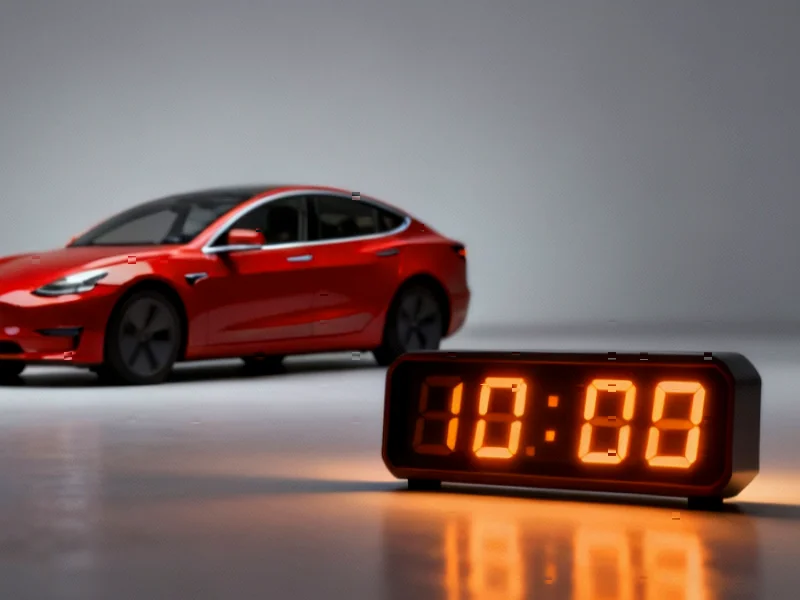According to CNBC, Asia-focused private equity managers are turning bullish on China again after years of declining activity. At Wednesday’s Global Financial Leaders’ Investment Summit in Hong Kong, EQT Asia chairman Jean Eric Salata said he’s “actually bullish on China” and pointed to Xiaomi’s highly automated EV factories as evidence of scaling capabilities. Hillhouse Investment founder Zhang Lei argued China will lead in AI application layers due to rapid product iterations and massive consumer adoption. The optimism comes despite stark numbers – private equity completed just 93 deals through September compared to 279 in all of 2024, with fundraising plunging from $23.6 billion to just $3.6 billion year-over-year.
<h2 id="china-tech-bet”>The big China tech bet
Here’s what’s really interesting about this shift. After two years of Western investors fleeing China amid geopolitical tensions, Asian private equity is essentially making a contrarian play. They’re not ignoring the political risks or the fact that new PE funds in China have collapsed from 144 in 2021 to just 14 this year. Instead, they’re betting that Beijing’s five-year plan focusing on tech self-sufficiency – things like quantum computing and hydrogen power – will create massive opportunities.
Fred Hu of Primavera Capital made a fascinating point about China’s electricity generation capacity being more than three times that of the U.S. That’s not just about keeping lights on – it’s about powering the AI revolution. When you combine that with fresh infrastructure investment, you’ve got the makings of something significant.
China’s application advantage
Zhang Lei’s comment about China leading in AI application layers is telling. Basically, while the U.S. might lead in foundational AI research, China’s strength has always been rapid commercialization at scale. Think about it – they’ve got massive consumer datasets, lower development costs, and a population that’s famously quick to adopt new tech. We’re talking about taking AI from labs to real products faster than anyone else.
And Salata’s “mind-blowing” description of Xiaomi’s automated factories? That’s not just corporate hype. It speaks to China’s ability to scale manufacturing innovation in ways that could give them a serious edge in electric vehicles and other advanced sectors. The question isn’t whether China can innovate – it’s whether they can do it fast enough to overcome geopolitical headwinds.
The great portfolio rebalancing
Now here’s where it gets really strategic. Salata mentioned that global investors are looking at diversification after being heavily weighted toward dollar-denominated assets. That creates a natural opportunity for capital to flow back to Asia. After years of retreat, there might be some serious value in Chinese assets that others are overlooking.
But let’s be real – this isn’t about sentiment. It’s about cold, hard portfolio math. When everyone else is running away, contrarian investors often find the best opportunities. The private equity folks speaking at this summit aren’t making emotional calls – they’re positioning for what they see as an inevitable rebalancing.
The reality check
Still, we can’t ignore the numbers. Deal volumes at multi-year lows, fundraising down dramatically, new fund launches collapsing – these aren’t minor blips. They reflect real concerns about U.S.-China tensions and regulatory uncertainty. The private equity pros might be talking a bullish game, but their checkbooks have been pretty conservative lately.
So is this the beginning of a real turnaround or just optimistic talk? Probably a bit of both. The tech fundamentals are compelling – massive engineering talent, serious computing power, and government priorities aligned with private sector strengths. But the geopolitical overhang is real. What happens next will depend on whether the capital actually follows the confident words we heard this week.




